
Best Copy-Paste Algorithms for C and C++. Haiku OS Cookbook


General-purpose programming language. It has imperative, object-oriented and generic programming features, while also providing facilities for low-level memory manipulation


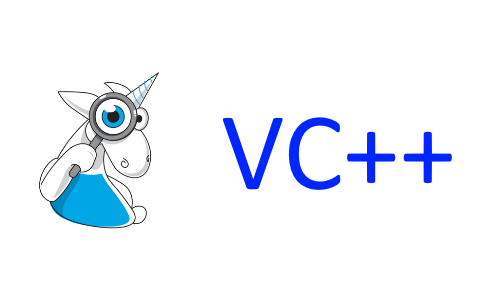
if constexpr and generic lambdas so that code could use the type if it is defined, while still being accepted by the compiler (and being discarded) if the type is not defined.struct all the time.struct technique with an unqualified name. You can’t use it to probe a type that you didn’t import into the current namespace.
Some time ago, in a discussion on one of SObjectizer's releases, we were asked: "Is it possible to make a DSL to describe a data-processing pipeline?" In other words, is it possible to write something like that:
A | B | C | D
and get a working pipeline where messages are going from A to B, and then to C, and then to D. With control that B receives exactly that type that A returns. And C receives exactly that type that B returns. And so on.
It was an interesting task with a surprisingly simple solution. For example, that's how the creation of a pipeline can look like:
auto pipeline = make_pipeline(env, stage(A) | stage(B) | stage(C) | stage(D));Or, in a more complex case (that will be discussed below):
auto pipeline = make_pipeline( sobj.environment(),
stage(validation) | stage(conversion) | broadcast(
stage(archiving),
stage(distribution),
stage(range_checking) | stage(alarm_detector{}) | broadcast(
stage(alarm_initiator),
stage( []( const alarm_detected & v ) {
alarm_distribution( cerr, v );
} )
)
) );In this article, we'll speak about the implementation of such pipeline DSL. We'll discuss mostly parts related to stage(), broadcast() and operator|() functions with several examples of usage of C++ templates. So I hope it will be interesting even for readers who don't know about SObjectizer (if you never heard of SObjectizer here is an overview of this tool).

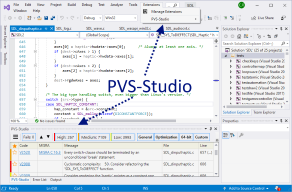

LZ_decompress_fast function near the top. What is going on? This question had us wondering how to choose the best compression algorithm. 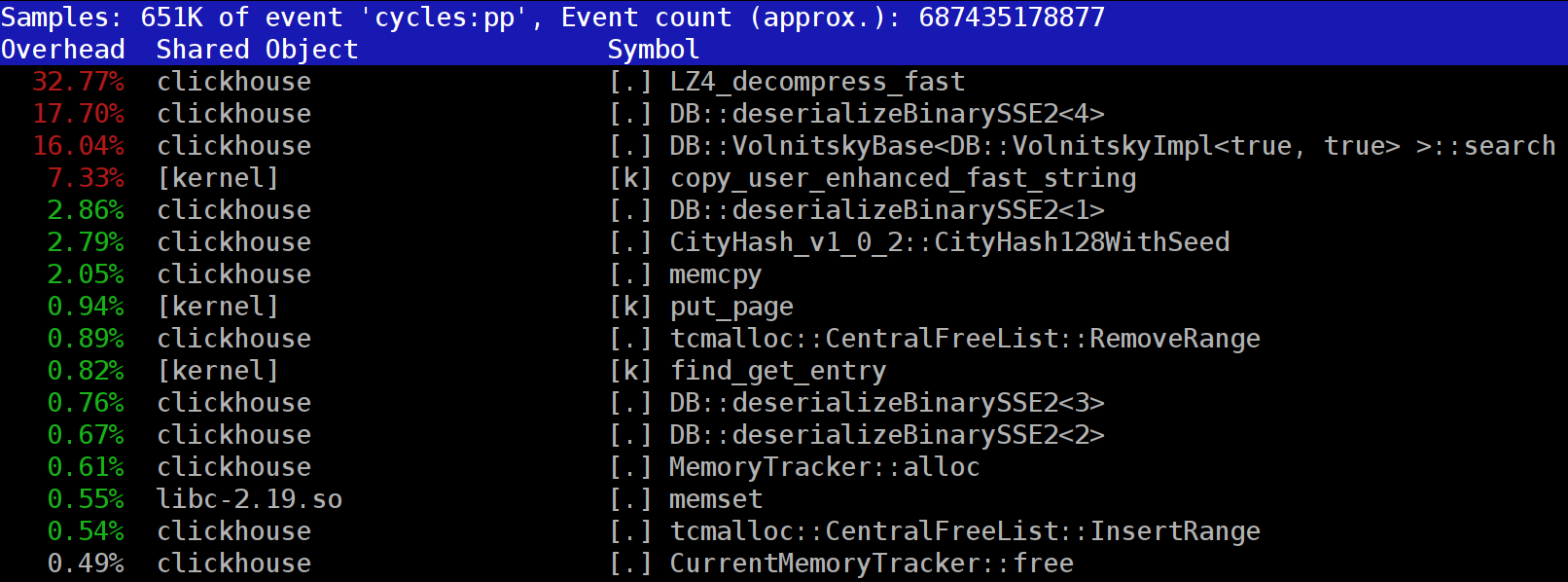


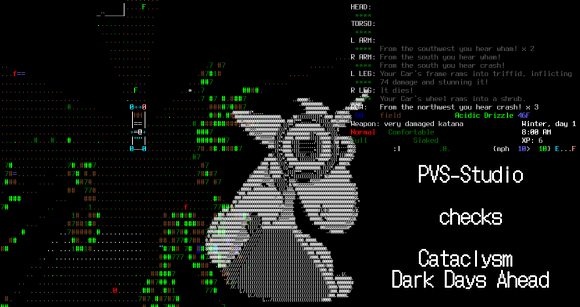
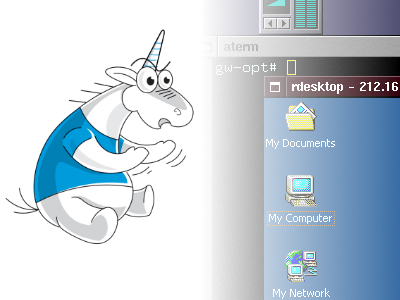



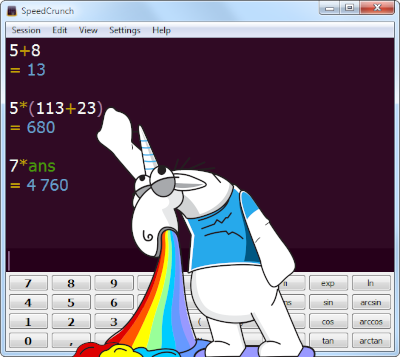

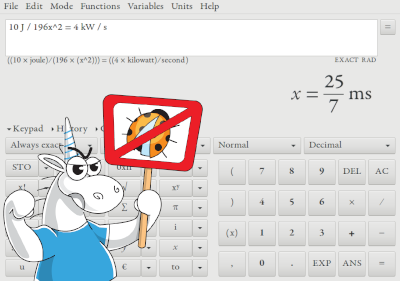
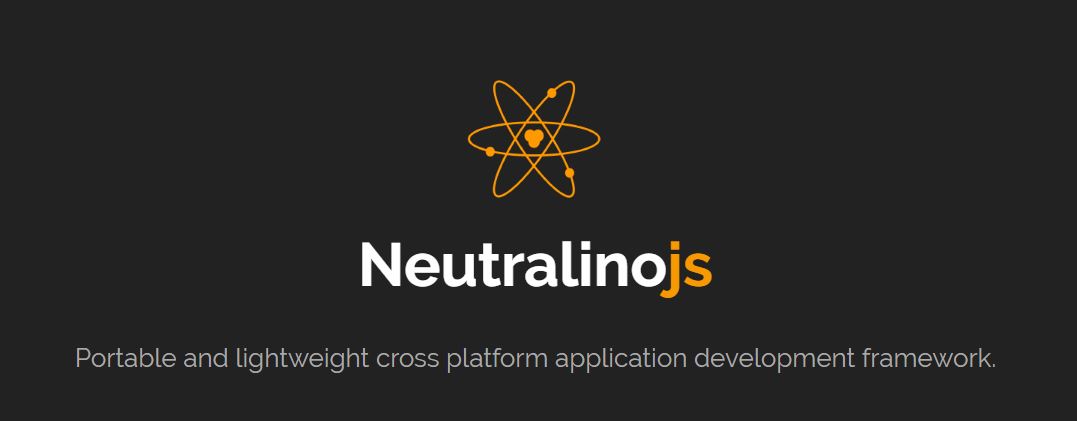
I am Shalitha Suranga from Sri Lanka. I started Neutralinojs project with other two members as our research project at university.
Cross-platform application development is extremely useful among software development organizations because a large end-user audience can be targeted. Earlier there were several approaches, such as writing multiple codebases per each platform, writing a single codebase using conditionals for platform selection, or using a programming language which has a cross-platform virtual machine at run-time. There were drawbacks of each like complexity of design, limited low-level accessibility and slow learning rate. Cross-platform application development with web technologies came [1] after. Electron and NW.js are most popular frameworks which allow developers to make cross-platform applications using Javascript. Basically, these popular frameworks combine embedded chromium browser and node run-time [2], [3].
These frameworks are being used to create numerous cross-platform applications. Whereas the community pointed out several unseen drawbacks of these frameworks. Large bundled application size, high memory consumption and long development workflow are the key things which were criticized through internet forums and websites [4], [5], [6], [7], [8]. Table 1.1 shows the advantages and disadvantages of Electron/NW.js.
Table 1.1: Advantages and Disadvantages of Electron/NW,js
| Advantages of Electron and NW.js | Disadvantages of Electron and NW.js |
|---|---|
| Development is very easy since Javascript is used | Application bundle is considered as bloatware (High disk space usage) |
| Access native functions via node runtimeSingle codebase for all supported platforms Linux, Windows and macOS | High memory consumption and slowness |
| Many Node modules need to be installed |